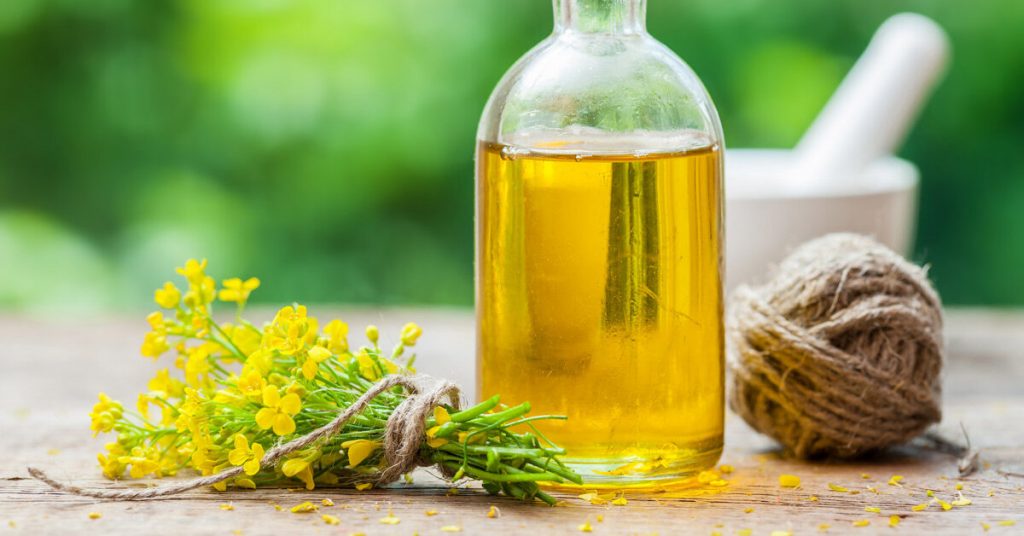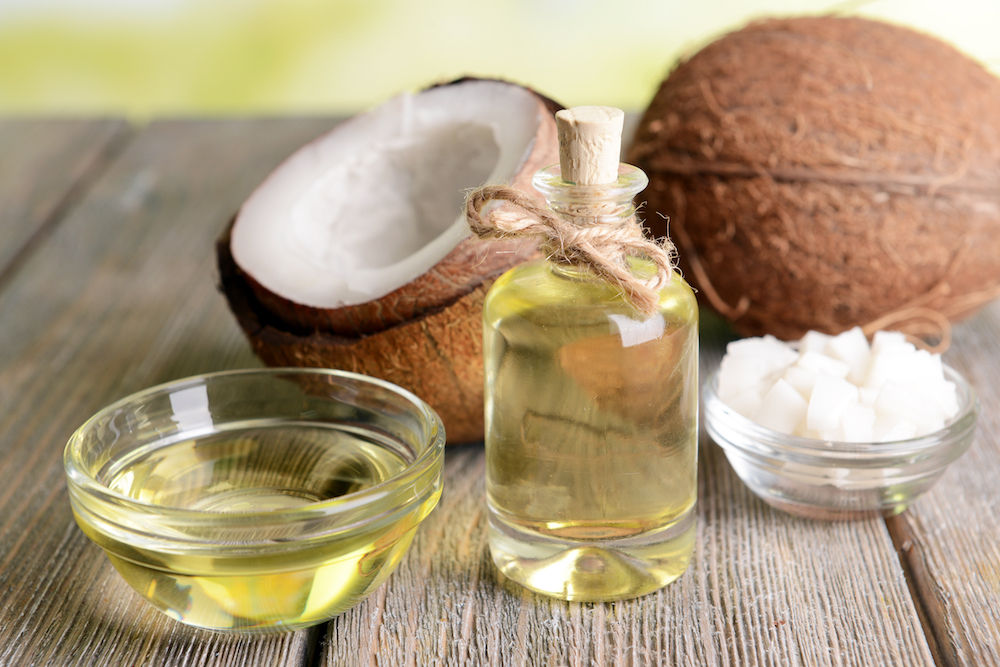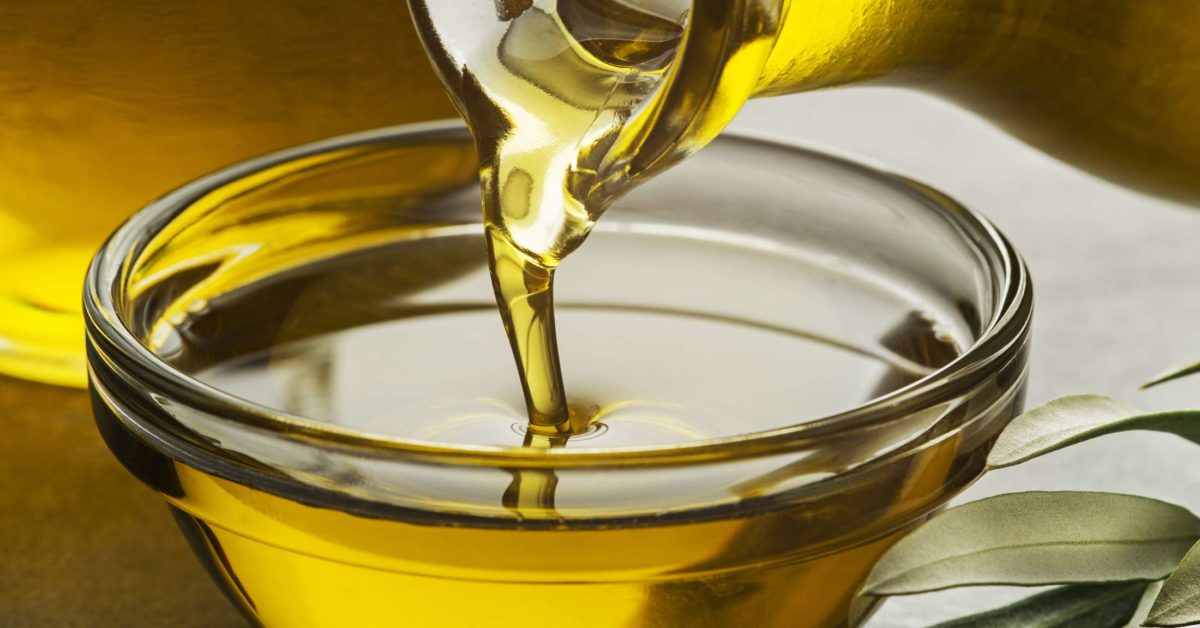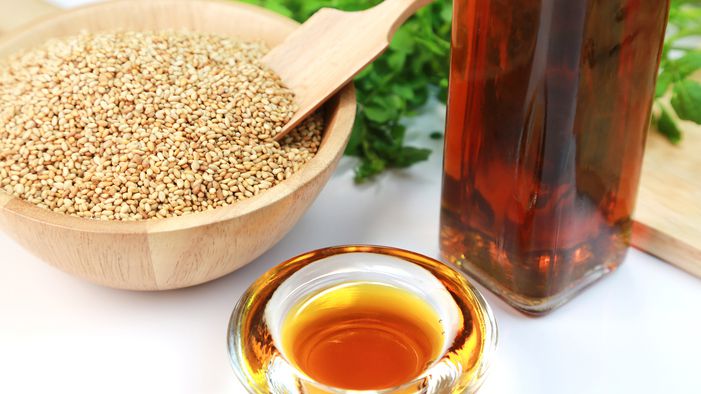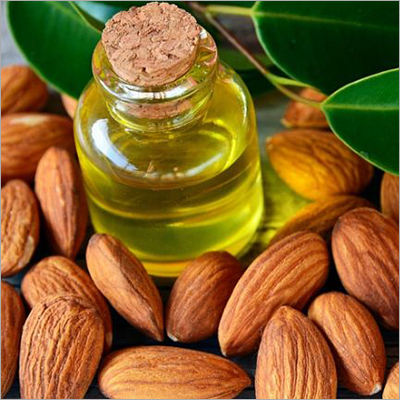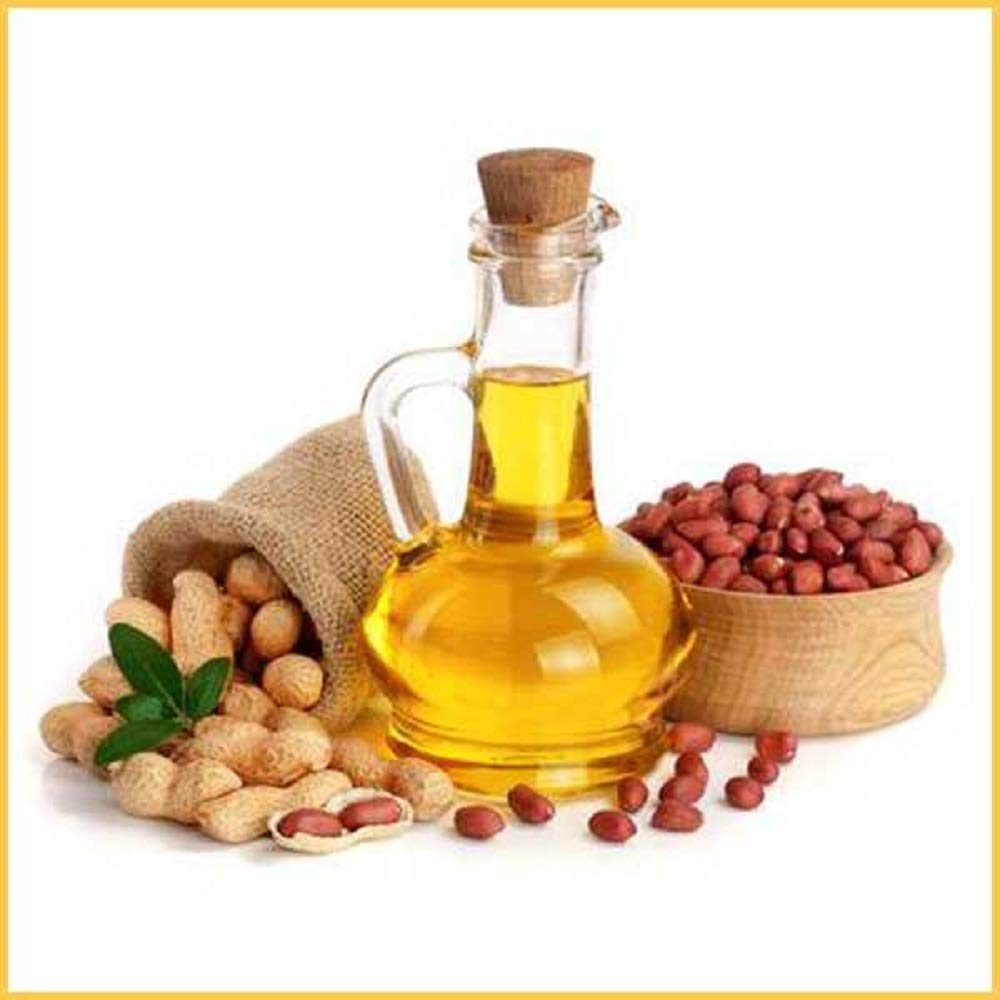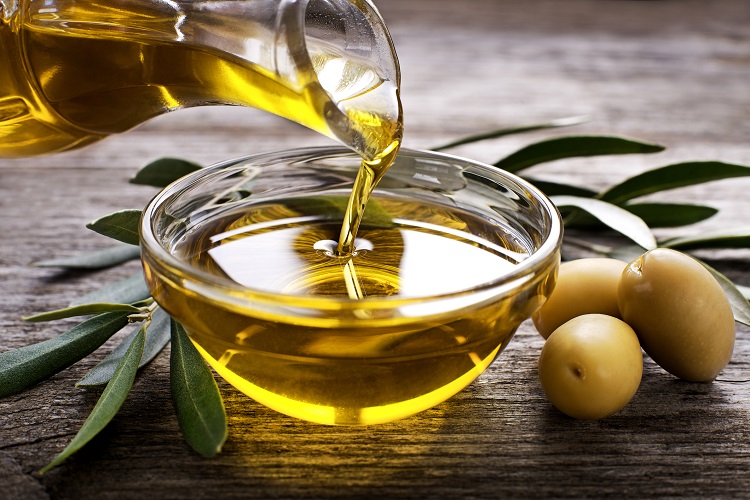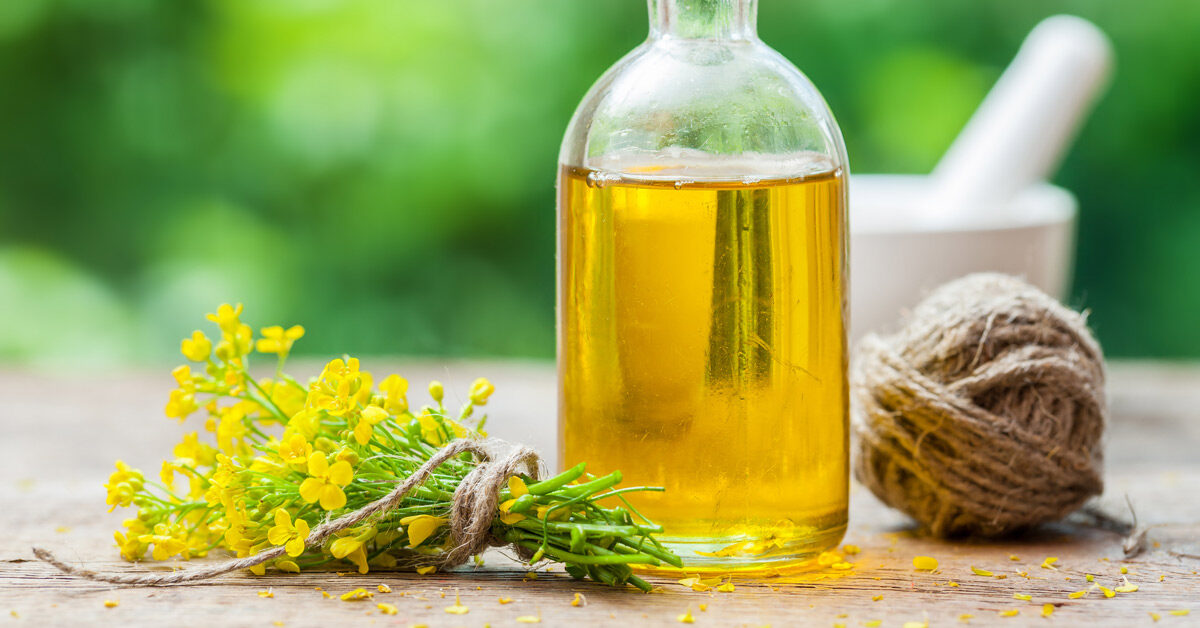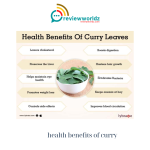One way you can do this is by choosing healthier nontropical vegetable oils for cooking and preparing food. Use these The Healthiest Cooking Oils instead of solid fats (including butter, shortening, lard, and hard stick margarine) and tropical oils (including palm and coconut oil), which can have a lot of saturated fat.
Contents
The Healthiest Cooking Oils
Coconut oil
Depending on who you ask, coconut oil should either be avoided or embraced in moderation. The main point of conflict is its high saturated fat content; unlike other plant-based oils, coconut oil is primarily saturated fat. Not everyone agrees that such a concentrated source of saturated fat is a no-go for health, but some experts, including the American Heart Association, argue that replacing foods that are high in saturated fat with healthier options can lower blood cholesterol levels and improve lipid profiles. Still, science is starting to suggest that not all saturated fats are bad for you.
Avocado oil
Avocado oil is good cold (in salads, dips, or smoothies) and hot (grilling, baking) food prep. It’s high in oleic acid, a fatty acid with a lot of health benefits. And when you eat it with veggies, it can boost the number of antioxidants you take in. It can head off inflammation and calm symptoms of arthritis. And it may keep you from getting gum disease.
Vegetable oil
The term “vegetable oil” is used to refer to any oil that comes from plant sources, and the healthfulness of a vegetable oil depends on its source and what it’s used for. Most vegetable oils on the market are a blend of canola, corn, soybean, safflower, palm and sunflower oils. “Generally I tell people to use olive oil whenever you can instead of a corn or soybean oil,” says Weinandy. They’re not necessarily bad for you, she says, “but you can get so much more benefit from olive oil.”
Still, vegetable oils are refined and processed, which means they not only lack flavor but also nutrients, Howard says. “Vegetable oil is guaranteed to be highly processed. It’s called ‘vegetable’ so that the manufacturers can substitute whatever commodity oil they want—soy, corn, cottonseed, canola—without having to print a new label,” she says.
Sesame oil
This oil is often used for its potent flavor; a little goes a long way. It contains both monounsaturated and polyunsaturated fatty acids, though it’s not especially high in other nutrients. It has a higher smoke point and can be used for high-heat recipes.

